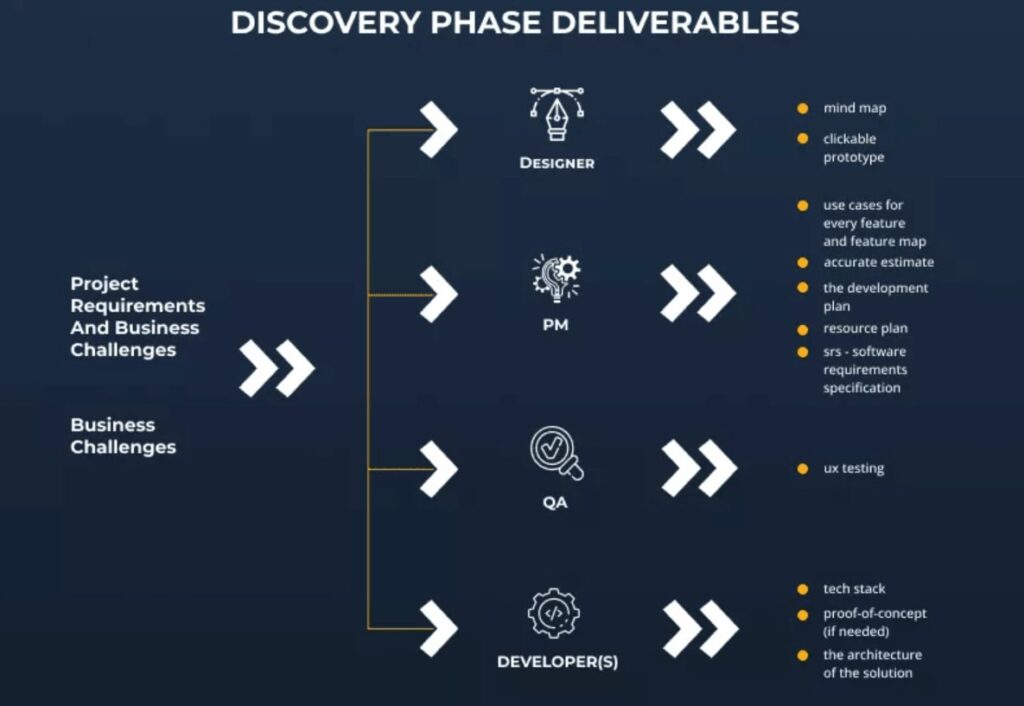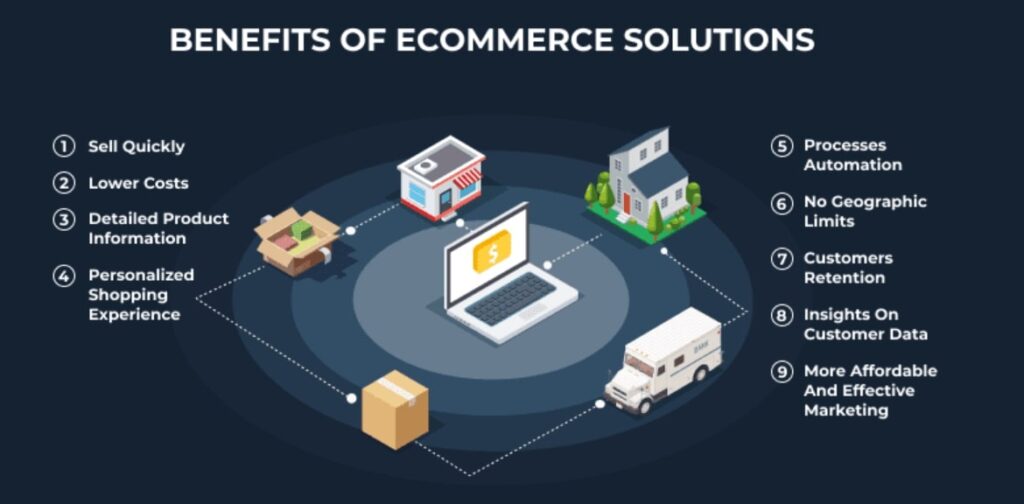In today’s technology-driven world, businesses increasingly rely on custom software solutions to meet their unique needs and gain a competitive edge. However, estimating the cost of custom software development can be complex. This comprehensive guide will delve into the various factors that influence custom software development costs, provide estimates for different project types, discuss hourly rates and pricing models, and highlight top companies in the industry. By the end of this article, you’ll clearly understand custom software development costs and how to plan your project effectively.
The Importance of Custom Software Development
Custom software development offers numerous advantages for businesses seeking tailored solutions. Off-the-shelf software may not fully meet an organization’s requirements, leading to inefficiencies and limitations. Custom software allows companies to align their unique needs with their processes, workflows, and user experiences.
Factors Affecting Custom Software Development Costs
The cost of custom software development depends on several factors that influence the project’s complexity, resources, and time required. Understanding these factors is essential for accurate cost estimation and effective project planning.
Complexity and Scope of the Project:
The complexity and scope of the custom software project play a significant role in determining the cost. Projects with intricate functionality, extensive integrations, and advanced features require more time and resources, thus increasing the overall cost.
Functional and Technical Requirements:
The software’s specific functional and technical requirements also impact the development cost. Custom features, integrations with existing systems, data migration, and performance optimization contribute to the project’s complexity and cost.

Selecting the Right Custom Software Development Company
Selecting the appropriate custom software development company is paramount to the success of your project. Here are some key criteria to consider when evaluating potential partners:
- Expertise and Experience: Look for companies with a proven track record in developing custom software solutions. Assess their experience in your industry or niche to ensure they understand your specific requirements.
- Portfolio and Case Studies: Assess the quality of the company’s previous work by reviewing its portfolio and case studies. Look for projects similar to yours to gauge their capability and expertise.
- Client Reviews and Testimonials: Check for client reviews and testimonials to gain insights into the company’s reputation, communication, and customer satisfaction. This feedback can provide valuable information about their professionalism and ability to meet deadlines.
- Development Methodologies: Inquire about the company’s development methodologies and processes. Agile methodologies such as Scrum or Kanban are often preferred for custom software development due to their iterative and collaborative nature.
- Communication and Collaboration: Effective communication and collaboration are crucial throughout the software development lifecycle. Ensure the company has clear channels of communication and a collaborative approach to keep you involved in the process.
- Pricing and Contract Terms: Obtain detailed pricing information and understand the company’s pricing models. Compare their rates with industry standards to ensure they align with your budget. Review the contract terms, including intellectual property rights and support/maintenance provisions.
Top Custom Software Development Companies:
When researching the best custom software development companies, look for those that align with your specific requirements and preferences. Consider their expertise, industry focus, and reputation. Ultimately, choose a company that demonstrates a strong understanding of your needs and offers the expertise to deliver a successful custom software solution.
Here are top 3 renowned companies to reach out for your next successful project:
Real-World Examples of Custom Software Development Costs
To further understand the range of custom software development costs, let’s explore some real-world examples:
Healthcare Management System:
A healthcare management system is a complex software solution that integrates various functionalities such as patient records, scheduling, billing, and reporting. The cost of developing a custom healthcare management system can average range from $100,000 to $500,000, depending on the features, integrations, and scalability requirements. Factors such as compliance with industry regulations (HIPAA) and data security also impact the overall cost.
E-commerce Platform:

Developing a custom e-commerce platform involves building a robust and secure online storefront, payment processing, inventory management, and order fulfilment systems. The cost of a custom e-commerce platform typically ranges from $50,000 to $300,000, depending on the scale of the business, integration with third-party systems, and customization requirements. Additional considerations include mobile responsiveness, scalability, and performance optimization.
Supply Chain Management Solution:
A custom supply chain management solution automates and optimizes the processes involved in managing the flow of goods and services. It includes inventory management, order tracking, logistics coordination, and demand forecasting features. The cost of developing a custom supply chain management solution can range from $150,000 to $700,000, depending on the complexity, integration with third-party systems (such as ERP), and scalability requirements.
Optimizing Custom Software Development Costs
While custom software development costs can vary, there are strategies to optimize and control expenses without compromising quality:
- Prioritize Features: Identify and prioritize essential features to be developed in the initial release. This approach, known as the Minimum Viable Product (MVP), allows for cost-effective development and early market validation.
- Iterative Development: Adopt an iterative development approach, allowing for continuous feedback and refinement. This approach helps manage costs by focusing on incremental improvements and avoiding large-scale rework.
- Effective Project Management: Efficient project management practices, such as clear requirements documentation, regular communication, and scope management, can prevent unnecessary delays and cost overruns.
- Long-Term Scalability: Discuss long-term scalability requirements with your development team to ensure the software architecture can accommodate future growth without extensive redevelopment.
Conclusion
In conclusion, custom software development costs depend on various factors such as project complexity, functional requirements, technology stack, and the selected development partner. By understanding these factors and following best practices in project planning and vendor selection, you can effectively manage costs while achieving your desired software solution.
Remember, each custom software development project is unique, and accurate cost estimation requires a thorough analysis of your requirements. Collaborating with a reputable software development company that aligns with your business goals is essential for successful and cost-effective outcomes.
By leveraging the expertise of experienced professionals, optimizing project management processes, and focusing on delivering value, you can navigate the landscape of custom software development costs and achieve a solution that drives your business forward.
Please don’t hesitate to contact us with any further inquiries or additional information. Happy custom software development planning!


